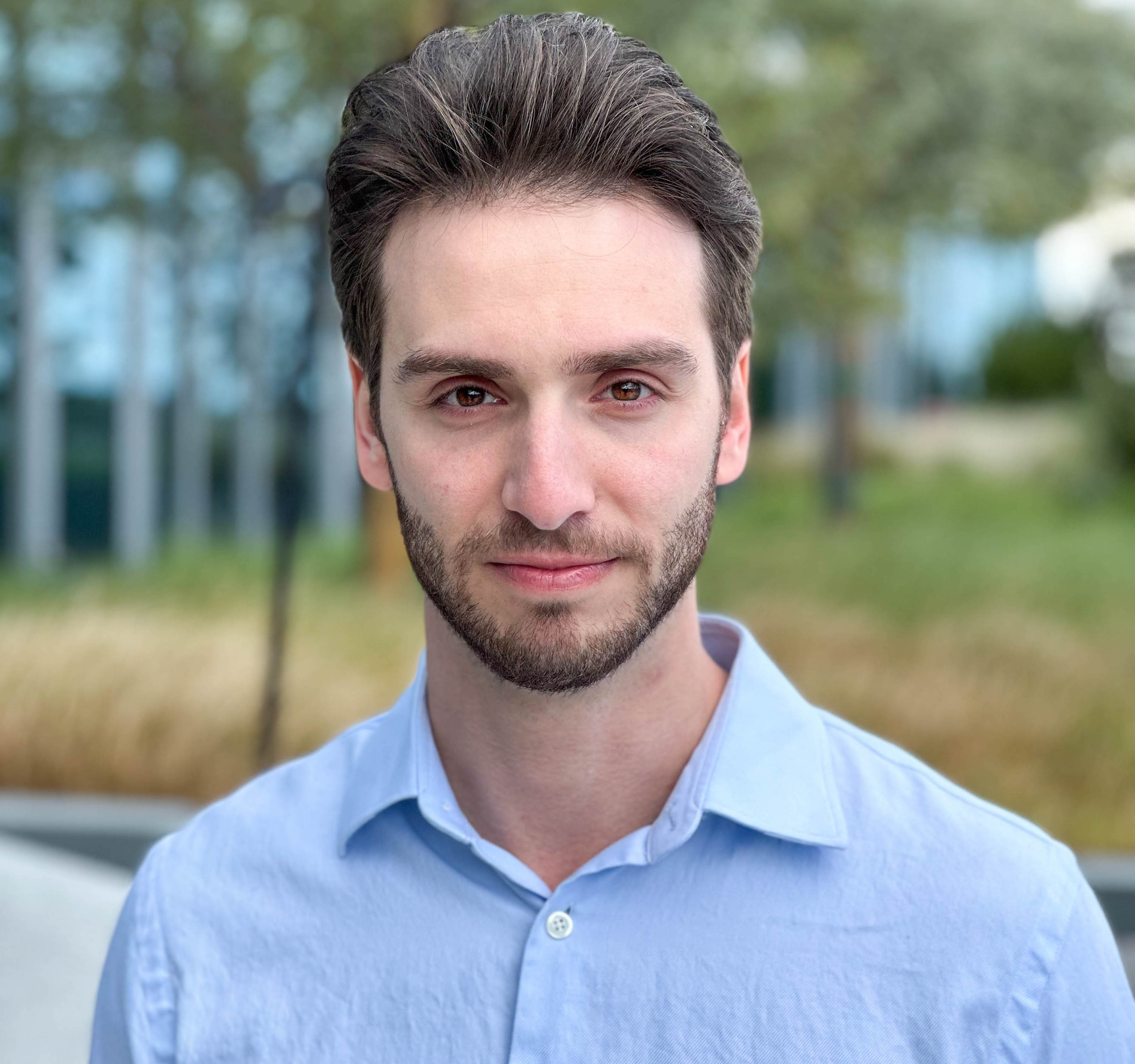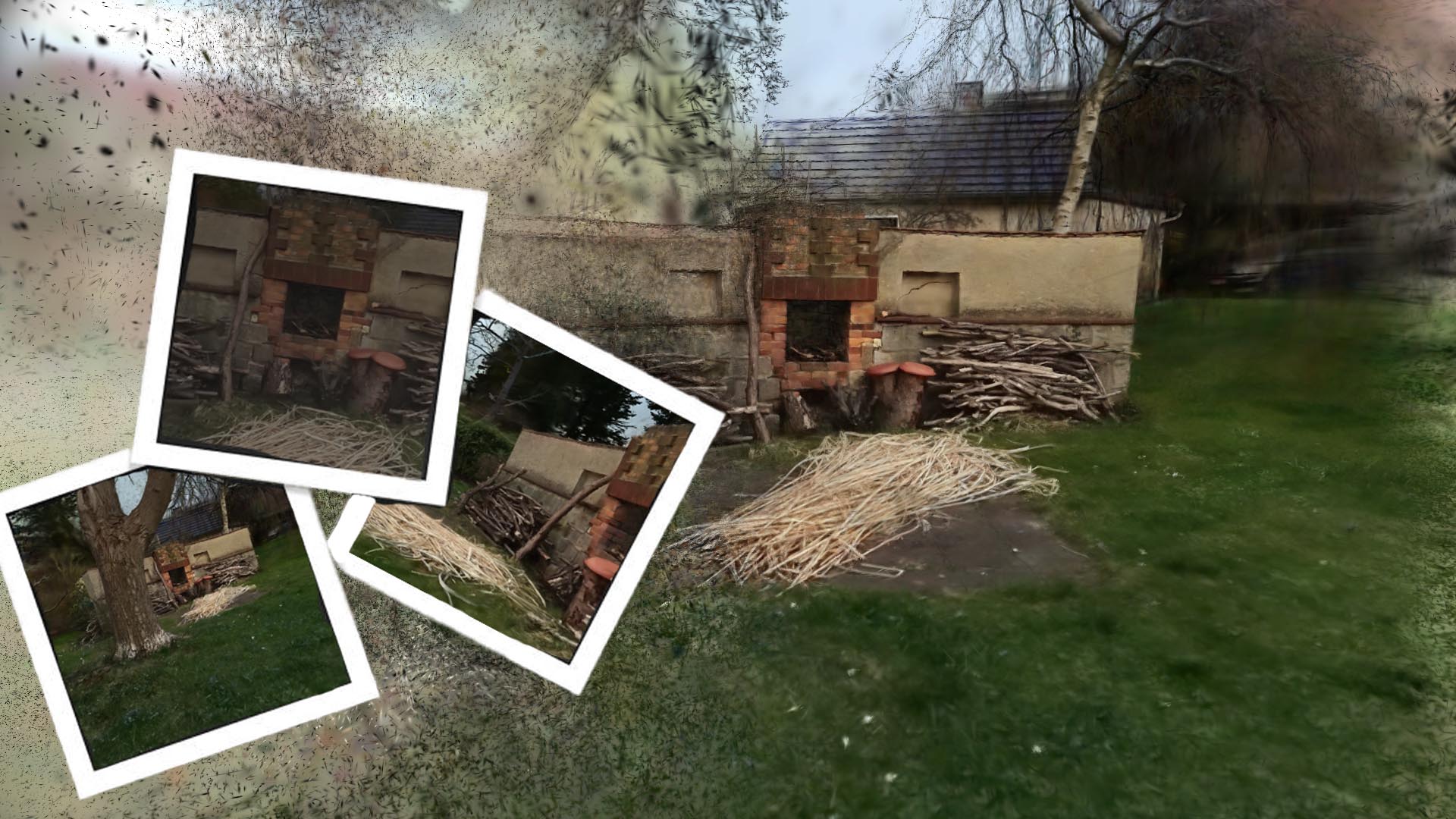
Last year, we previewed a fashion campaign for the ITS Contest directed by Fabio Bressan, who used radiance field technology, specifically gaussian splatting, to build a dreamy, boundary-defying aesthetic. Now that the ITS 2025 event has concluded, we’re able to see the final results. It’s an arresting collection of 3D portraits that immortalize the designers’ creations in a way that’s as technically innovative as it is artistically evocative.
To give himself more creative flexibility, Bressan opted to capture the models using Gaussian Splatting, building a custom camera rig with five DJI Action 5 cameras mounted to a monopod. Each model was captured in a quick orbit, roughly eight seconds per subject.
Additionally, because gaussian splatting is still yet to be relightable, choices were needed to be made up front about how each subject would look. With this in mind, each subject received a different look at the time of capture.
Despite the capture occurring in a tight space, Bressan was able to demonstrate the resilience of radiance field representations to work with what you already have access to. Once the captures had been frozen in time, Bressan had the creative freedom to explore how to best tell each model’s story through traditional mediums, such as audio, camera path, and the environment design.
One of the more cinematic techniques he employed was adjusting focal length in post, an odd idea for traditional cinematographers, but a natural power in the 3D world. It’s this kind of spatial flexibility that makes radiance field based media so uniquely expressive. Like early photography, 3D portraits can often feel stiff or inert. But Bressan countered that risk by not only carefully posing his subjects, but also introducing subtle motion and energy in post. In Adobe After Effects, he layered in fluttering Gaussian particles that added texture and movement, reinforcing the poetic, almost metaphysical tone of the Borderless theme.
Once his capture pipeline was refined, Bressan scaled it efficiently across the full set of subjects. Reconstruction work was handled with a combination of Potshot and Scaniverse, with cleanup and polish done using PlayCanvas’s SuperSplat. As Bressan continued to be inspired, he was able to quickly pull objects in the physical world into lifelike 3D where he had complete control over how it affects the scene. Outside of the project, Bressan has continued to use Scaniverse in his daily life to capture the world around him in lifelike 3D.
The final pieces were presented at the main ITS 2025 event, projected onto 9 meter tall walls. Fashion is one of the most exciting use cases of radiance field representations, where individual strands of hair and fur can be shown with strong fidelity. To learn more about this year’s ITS Contest and Fabio Bressan’s work, please visit their website or Vimeo.







